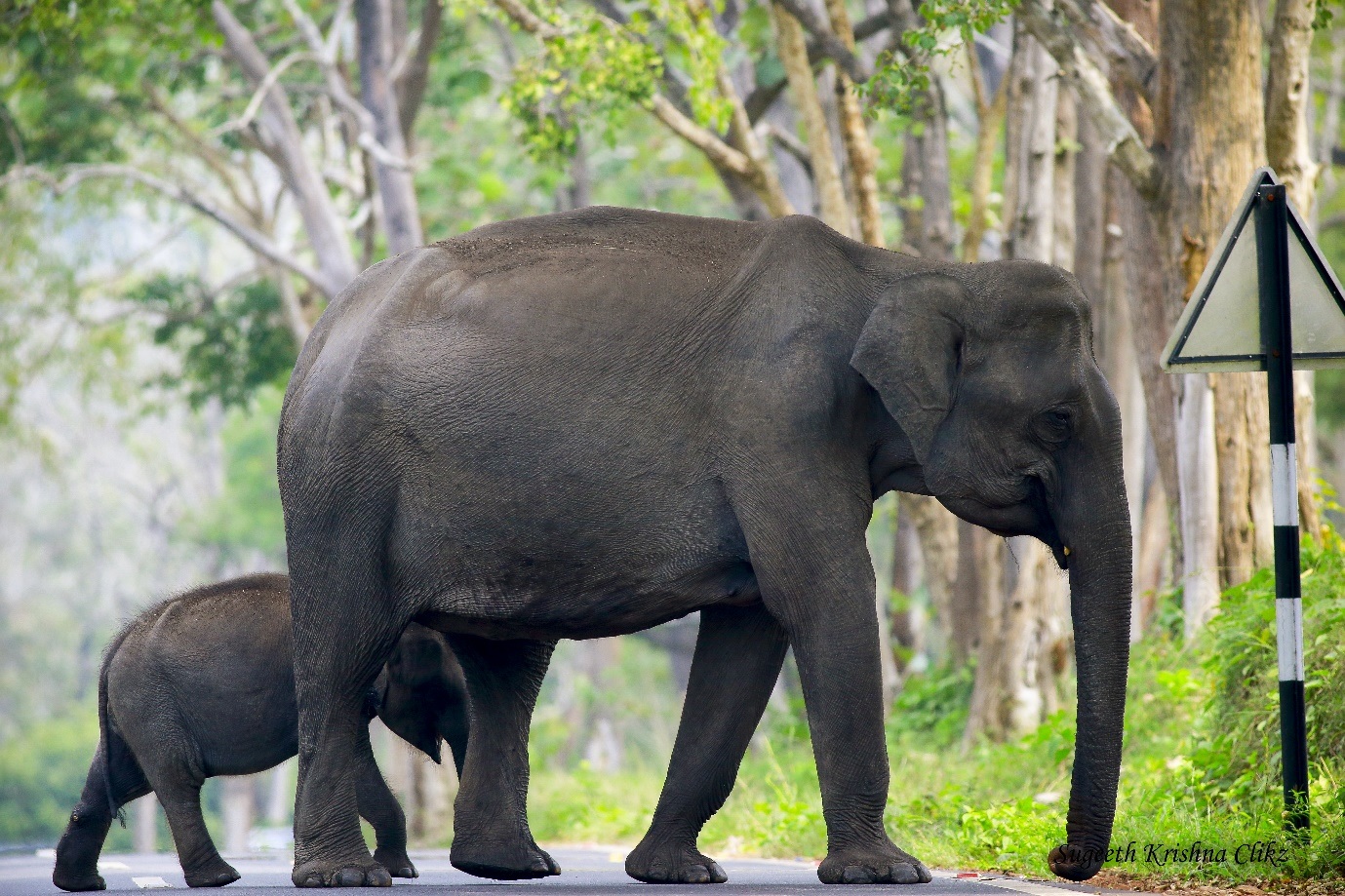Cancer is one of the most dreaded diseases worldwide. There are more than hundred different types of cancer thathave been observed in human. According to World Health Organization over nine million people die due to cancer globally. This figure is alarming and calls for a better treatment regime in dealing with cancer. “Why elephants are free from cancer?” is a challenging question for many scientists and oncologists.
Many people have tried to answer in many possible ways. In 1970 an epidemiologist, Richard Peto of the University of Oxford, UK., postulate a hypothesis that the cell division in larger bodied animals may have to divide more times than the smaller animals . The more they divide the chances for mutations are higher. He also points out that there might be an inherent biological mechanism to protect the cells from cancer due to mutations.
The main reason for the development of cancer is due to the mutation occurring in one of the guardian gene “TP53” which is otherwise called as an oncogene. The main role of this gene is to activate proteins that are responsible for repairing the mutated DNA. Once the TP53 gene mutates, then its ability to repair other DNA damages including its own damage cannot be repaired. There are many factors that induce mutation in TP53 gene including genetic makeup, exposure to radiation, toxins etc. Once the TP53 gene has mutated in a cell, that cells undergo uncontrolled cell division and leads to cancer. In a recent study conducted by the Joshua Schiffman, a pediatric oncologist and scientist at the University of Utah in Salt Lake City, U.S.A., has found out that cancer is diagnosed very rarely in elephants . He also points out the reason for this phenomena is due to the increased number of TP53 gene in elephants when compared to humans. While a human has a pair of TP53 gene (one from the mother and other from the father), elephants have 20 pairs of TP53 gene in their genome. These extra copies of TP53 gene help the elephants to overcome cancer. In human it has been reported that missing of one allele of TP53 gene leads to the development of cancer, but in elephants, any genetic malfunctions that could have caused during the process of embryo genesis which results in missing of one or two copies of TP53 gene may not lead to cancer. This could be one of the prime reason for elephants to stay away from cancer.
Another interesting statement made to answer why elephants are free from cancer is that, elephants are vegetarians and by the same time they habitat in places which are less polluted than where human lives. In order to contradict this statement people may raise questions that what if elephants smoke, or drinks alcohol or have an exposure to radiations. Well, still elephants may stay cancer free as Mel Greaves, a cancer biologist at the Institute of Cancer Research London explains that other than the higher number of TP53 genes the animals with larger body size may get sluggish and thereby their metabolism rates may be slower and thereby the rate of cell division may also be less compared to other smaller and highly active animals including human.
It’s the fact that elephants get cancer very rarely gives an insight to many cancer researchers to discover the elephant's ability to stay free from cancer. It is also important to investigate if there are any other inherent biological mechanism these elephants hold to sustain DNA dame or mutations and thereby to stay cancer free.
